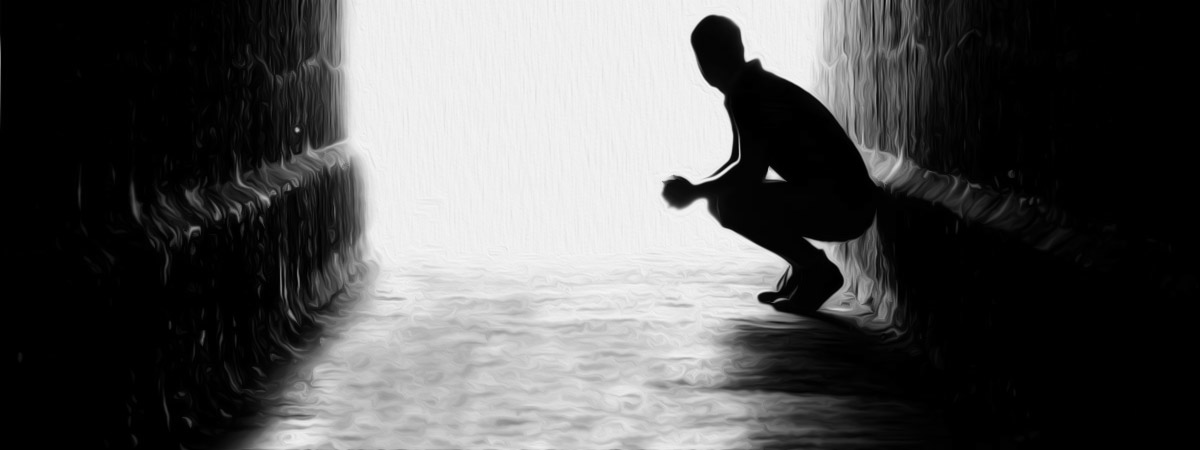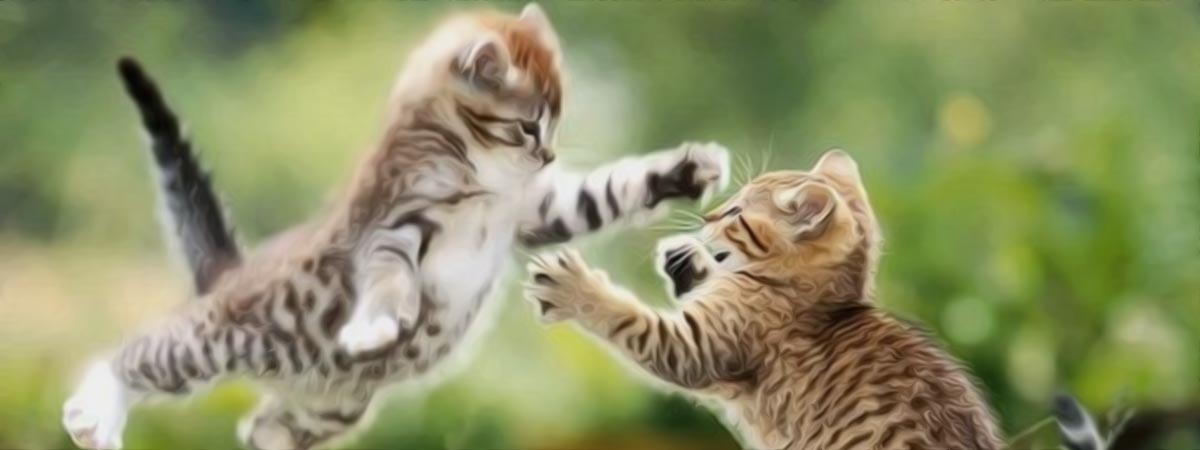Why Give a Damn:
Do you want to hear my sad or happy story? It is our choice whether we are drawn to the good or the bad in life. Mark Albion’s blog series explores the impact that our relationship with our father has on how we build our business and life. Each post has a serial and commentary portion. While useful to read in succession, each portion is written to stand on its own.
The author of this post, Mark Albion, a conflicted achiever who climbed the ladder of success wrong by wrong, is the New York Times Best Selling author of seven books. He has ridden a horse across Afghanistan and been hugged by Mother Teresa and Ronald Reagan—not at the same time.
I will love the light for it shows me the way,
yet I will endure the darkness for
it shows me the stars.
– Og Mandino Tweet This Quote
It was the day the shiva hit the fan.
The Jewish weeklong mourning period, shiva, began that day. What was I thinking? I was thinking, “How do you bury a father? And do you ever really bury a father?”
On Monday, May 14, 2007, I shoveled the first dirt on Dad’s coffin, a tradition for the first-born. Next to the hole in the ground that would be his final resting place, in ceremonial Jewish fashion, I touched the pile of dirt—from Israel of course—with the front of the shovel, back of the shovel, then one large scoop onto Dad’s wooded coffin.
He lay inside in a suit—when was the last time I saw Dad in a suit?—adorned with his Harvard class of ’45 tie, wrapped in a tallit [Jewish prayer shawl]. I don’t think I ever saw him in a tallit, other than at his children’s B’nai Mitzvah. Struck me as strange.
Stranger still, as I shoveled, I felt… nothing.
My biggest concern the day of the funeral was the intense heat and humidity, as I sweat easily. Brother John and I went to morning services, along with his wife Lauri. We then proceeded to the house to gather the family for the early afternoon funeral.
The heat continued unabated. There had been no rain in Southwest Florida, seemingly forever. But today a portent: overcast skies. We heard that rain was forecast for the time of the funeral.
Marilyn didn’t want a temple service, just a quick graveside service. It was clear that she didn’t want any eulogies either. Understandably driven by intense grief, did she realize four of us had lost a father?
The family focused instead on the obituary notice. Arguments ensued. Should the wives of the three sons be mentioned? Our sister Janice, Marilyn’s favorite, was unmarried. John decided to include the wives and took the heat for it later. Dad had instilled a family culture of rivalry, believing that competition brought out the best in people. It was the only way we knew how to relate to each other.
Faith is daring the soul to go beyond
what the eyes can see.
– J. R. R. Tolkien Tweet This Quote
After checking that Marilyn had a ride, my immediate family and I arrived at the service. I talked with family members, as John left to take care of the veteran’s honor guard and 21-gun salute he had arranged by calling in favors as a County Commissioner. He knew that while Dad was not one for pomp and circumstance, his years of WWII military service were important to him. I then spotted Marilyn near the other cars, flanked by Jim, Janice and friends.
I went over and offered her a hug, just as I had done the day before and hundreds of days before that. But for the first time ever, she rebuffed me, with anger and disgust. Raising both her hands excitedly, as if to ward-off an attacker, she screamed out, “Not you. Don’t touch me. You, get away from me!”
You may be through with the past but the past isn’t through with you. Tweet This Quote
I was shocked, speechless, not knowing what to do. I was able to regain some composure, sensing what this day meant to her. The grandchildren saw the incident and were clearly traumatized.
“What did Uncle Mark do?” they repeated.
The expression “you may be through with the past but the past isn’t through with you” rang in my head. Were we dealing with my relationship with Dad, particularly those last few years—or should I say my lack of a relationship with him? Had I hurt him in ways I never knew? Was it not about what I did but what I didn’t do?
Just two months before, Marilyn and I had talked on the phone for our first real in-depth exchange in years. She listened supportively without judgment. I was prepared to deliver a eulogy that included how much she did for me when I was young and moved in with Dad and her and their three babies. Nevermore.
We can easily forgive a child who is
afraid of the dark; the real tragedy of life is
when men are afraid of the light.
– Plato
The funeral seating in the first row: Marilyn, Janice, Max (Janice’s son), Jim, John and me. Other family members sat behind us. I did speak briefly about how Dad had asked me as oldest to try to bring the four siblings together—something he knew was not in him. John gave the “political” speech thanking people for coming. The rest of the family later criticized him; again, we continued to look at what we thought was wrong with our family, not seeing all that was right.
The skies opened up ten minutes into the service. Even with the canopies, the winds wreaked havoc with thundering outbursts soaking us all. The Rabbi got dunked right in the middle of her speech. You could hear Dad roaring with laughter. It was just how he wanted it. The temperature dropped rapidly—a final present from my father. His hammer was yet to come.
I felt little during the service. As we threw dust on the casket, I tried to help Marilyn avoid the rain, but rather than walk in front of me, she walked around me, outside the canopy, getting soaked. She wanted nothing to do with me.
Of course, more strife ensued afterwards. Two competing shivas were set up: one at Marilyn’s and one at Lauri and John’s. They had offered to supply the food at her home, but she said she didn’t want guests. She then invited everyone to her house later. We went to both.
The rest of the week was cold. Marilyn talked to me just once, about a new book. I appreciated that. The siblings connected. I offered to plan a retreat for us, and Jim’s wife Michele had an August spot at her Dad’s up in Maine. Could we now forgive the past and move into the future? Little did I know that Dad’s impact was just beginning.
My father taught me to be independent,
cocky and free-thinking, but he couldn’t
stand it if I disagreed with him.
– Sara Maitland



